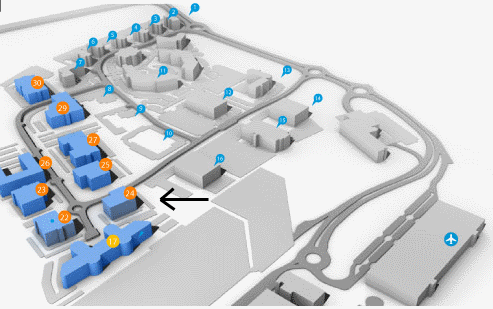Current Size: 100%
Research projects
Error message
Warning: mkdir(): Permission denied in boost_mkdir() (line 1407 of sites/all/modules/boost/boost.module).Browse a full list of our research projects below. Alternatively use the search function to browse projects by cancer type or research theme.
| Project title | Research theme | Cancers | Status | |
|---|---|---|---|---|
 |
Enhanced Blood Cancer Outcomes Registry | Descriptive epidemiology, Health services research | Leukaemia | Ongoing |



